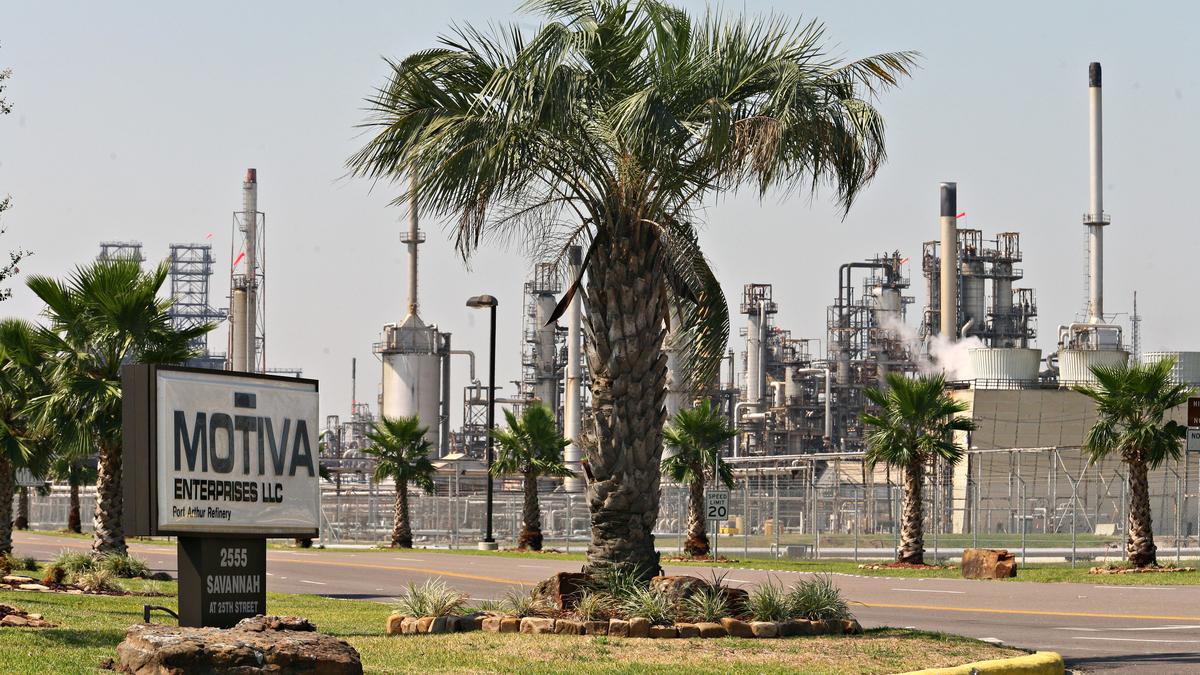
When lawyers do pro bono work, it is assumed they are helping a worthy cause. Donald Trump has twisted this concept and made it part of his effort to punish law firms he views as enemies while furthering his retrograde environmental policies. He has created what amounts to pro malo publico—an activity that that promotes a public evil.
At a White House event during which Trump signed several executive orders promoting greater domestic coal production and consumption, he announced plans to pressure law firms to provide free legal services to coal companies to assist in leasing and other issues.
The firms involved would include those that have made deals with Trump to avoid punitive measures he threatened to impose on them because they represented Trump’s perceived enemies. As part of those deals, firms such as Paul Weiss and Skadden Arps agreed to provide pro bono services worth hundreds of millions of dollars. It was widely assumed these services would go to non-profit organizations, presumably with an emphasis on those with a pro-MAGA orientation.
Now Trump is taking the outlandish position that the recipients should include for-profit corporations. There is perhaps no industry less deserving of special assistance than coal. Much of the world is moving away from the black rock because of its outsized contribution to global warming and other forms of pollution.
Trump, who had made coal a centerpiece of his 2016 presidential campaign but was not able to do much to stem the industry’s decline, is now trying again. In doing so, he is seeking to prop up a sector whose harms are not limited to exacerbation of the climate crisis.
Among the largest producers is Core Natural Resources, the result of the 2024 merger of Arch Resources and CONSOL Energy. In Violation Tracker these companies account for more than $230 million in fines and settlements from some 800 enforcement actions relating to environmental and workplace safety infringements.
Another repeat offender is James C. Justice Companies, whose namesake is now a U.S. senator from West Virginia. While Jim Justice was still in charge, the company racked up hundreds of safety violations and resisted paying millions of dollars in federal and state safety fines. In 2016 an NPR investigation concluded that Justice’s company was “the nation’s top mine safety delinquent.” Sen. Justice was one of the attendees at Trump’s signing event.
At that event, Trump vowed “to identify and fight every single unconstitutional state or local regulation that’s putting our coal miners out of business.” It seems likely that the law firms being dragooned into serving the coal producers will end up helping to challenge these rules.
We need not express any concern for the lawyers. Skadden and other firms that have made deals with Trump have represented coal clients in the past. The bigger problem is that a group of companies doing great harm will be receiving an indirect subsidy in the form of free legal services—and the result could be a weakening of environmental and workplace safeguards. In other words, pro malo publico.




 It appears that the Trump Administration will not rest until every last federal regulatory agency is under the control of a corporate surrogate. The reverse revolving door is swinging wildly as business foxes swarm into the rulemaking henhouses.
It appears that the Trump Administration will not rest until every last federal regulatory agency is under the control of a corporate surrogate. The reverse revolving door is swinging wildly as business foxes swarm into the rulemaking henhouses. The signing ceremony for Donald Trump’s executive order nullifying the climate initiatives of the Obama Administration was staged so that about two dozen miners looked on adoringly as the president claimed to be ending the so-called war on coal. Trump then repeated his promise that the regulatory rollbacks would “put our miners back to work.”
The signing ceremony for Donald Trump’s executive order nullifying the climate initiatives of the Obama Administration was staged so that about two dozen miners looked on adoringly as the president claimed to be ending the so-called war on coal. Trump then repeated his promise that the regulatory rollbacks would “put our miners back to work.” Donald Trump’s candidacy is based to a great extent on the notion that a successful businessman would make an effective President. Democrats have shot holes in Trump’s claims of success, but they have not done enough to attack the underlying claim that private sector talents are applicable to the public realm.
Donald Trump’s candidacy is based to a great extent on the notion that a successful businessman would make an effective President. Democrats have shot holes in Trump’s claims of success, but they have not done enough to attack the underlying claim that private sector talents are applicable to the public realm. Arch Coal recently became the latest and largest coal producer to seek protection in Chapter 11. The company has also lost its listing on the New York Stock Exchange. Arch vows to go on operating but faces a very uncertain future.
Arch Coal recently became the latest and largest coal producer to seek protection in Chapter 11. The company has also lost its listing on the New York Stock Exchange. Arch vows to go on operating but faces a very uncertain future.
You must be logged in to post a comment.